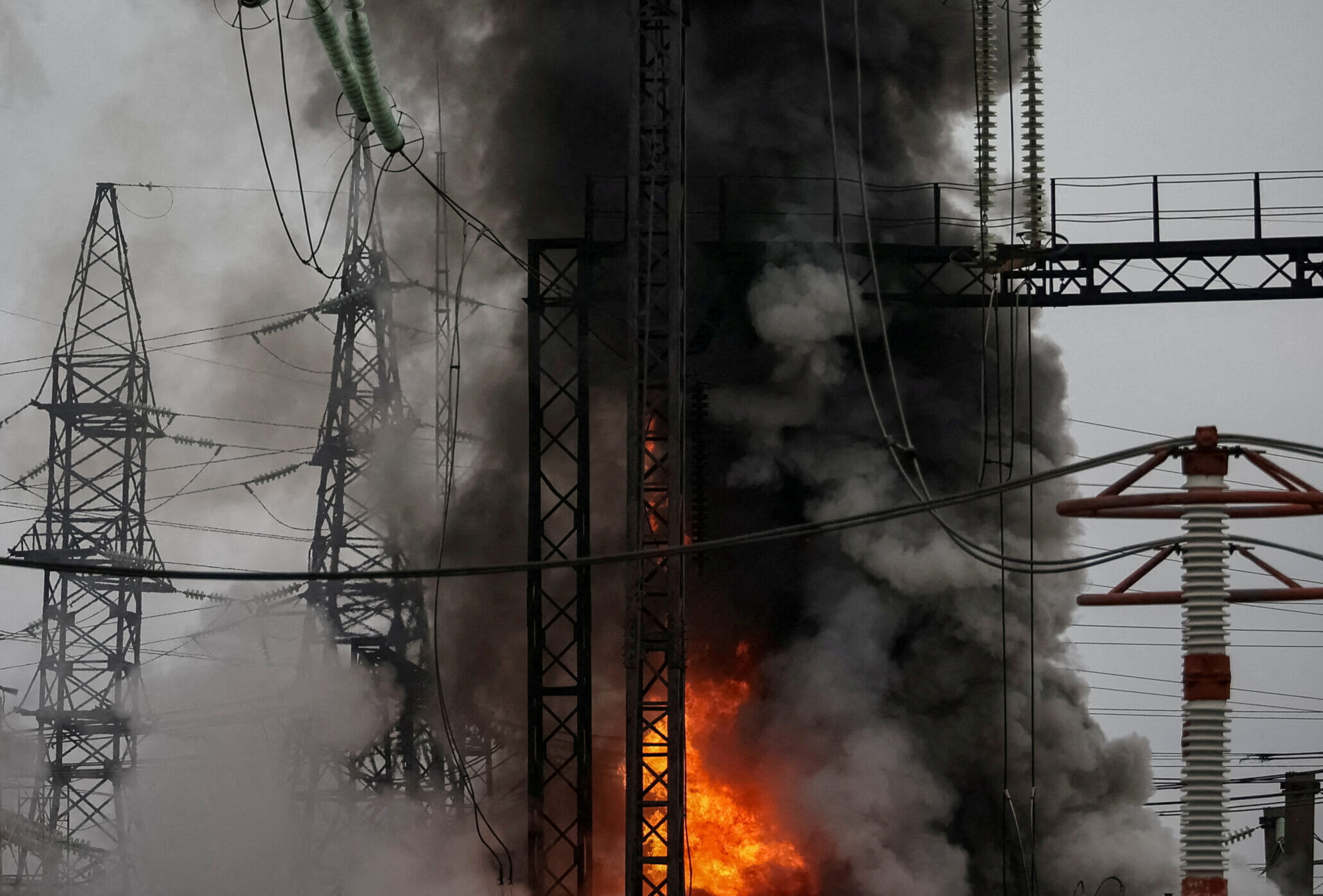Power Play: Russia Strikes Ukraine’s Energy Grid
In its largest missile attack in three months, Russia has intensified efforts to cripple Ukraine's power infrastructure, raising questions about energy security and civilian resilience this winter.


KULGAM, DECEMBER 31:Deputy Commissioner (DC) Kulgam, Athar Aamir Khan (IAS), on Tuesday chaired a comprehensive review meeting to assess the...
1 Min Read
India has pushed back strongly against China’s criticism of the upcoming Bollywood film Battle of Galwan, starring Salman Khan, asserting...
2 Min Read
The death of Anjel Chakma, a 23-year-old MBA student from Tripura, has triggered a nationwide debate over alleged racial abuse...
2 Min Read
China’s assertion that it “mediated” tensions between India and Pakistan earlier this year has triggered surprise and scepticism in New...
2 Min Read